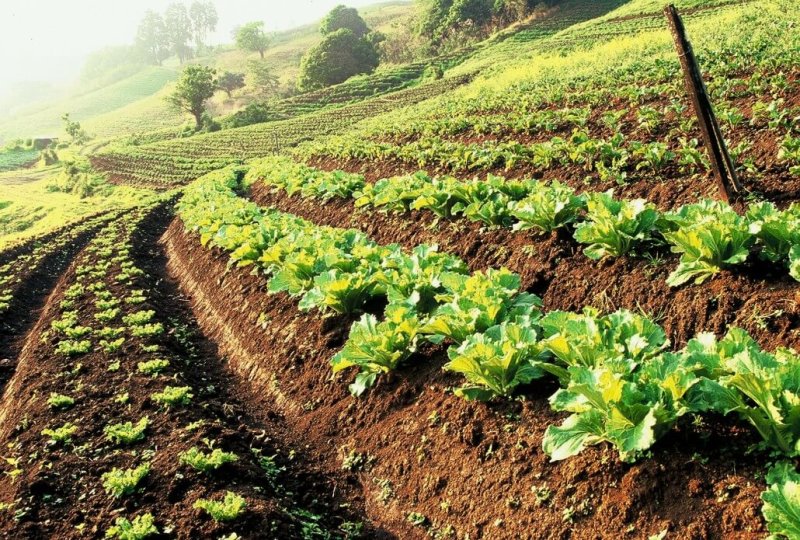[Editor’s note: Pamela Ronald is a rice geneticist at the University of California Davis.]
Many worthy people objected to the production of hybrids on the ground that it was an impious interference with the laws of Nature.
—Maxwell Masters, 1899
For 10,000 years, we have altered the genetic makeup of our crops. Conventional approaches are often quite crude, resulting in new varieties through a combination of trial and error, and without knowledge of the precise function of the genes that are being transferred. … Today, virtually everything we eat is produced from seeds that have been genetically altered in one way or another.
…
The hybridization described by Masters in 1899, the genetic engineering of crops launched in 1996 and the genome editing of tomorrow are examples of a continuum of new technologies aimed at helping farmers produce food in a productive and ecologically-based manner. I believe it is important to frame discussions about agriculture in the context of the environmental, economic, and social impacts of agriculture—the three pillars of sustainable agriculture. Rather than focusing on how a seed variety was developed, we must ask what most enhances local food security and can provide safe, abundant and nutritious food to consumers. We must ask if rural communities can thrive and if farmers can make a profit. We must be sure that consumers can afford the food. And finally we must minimize environmental degradation.
The GLP aggregated and excerpted this blog/article to reflect the diversity of news, opinion, and analysis. Read full, original post: Plant Genetics, Ecologically Based Farming and the Future of Food































